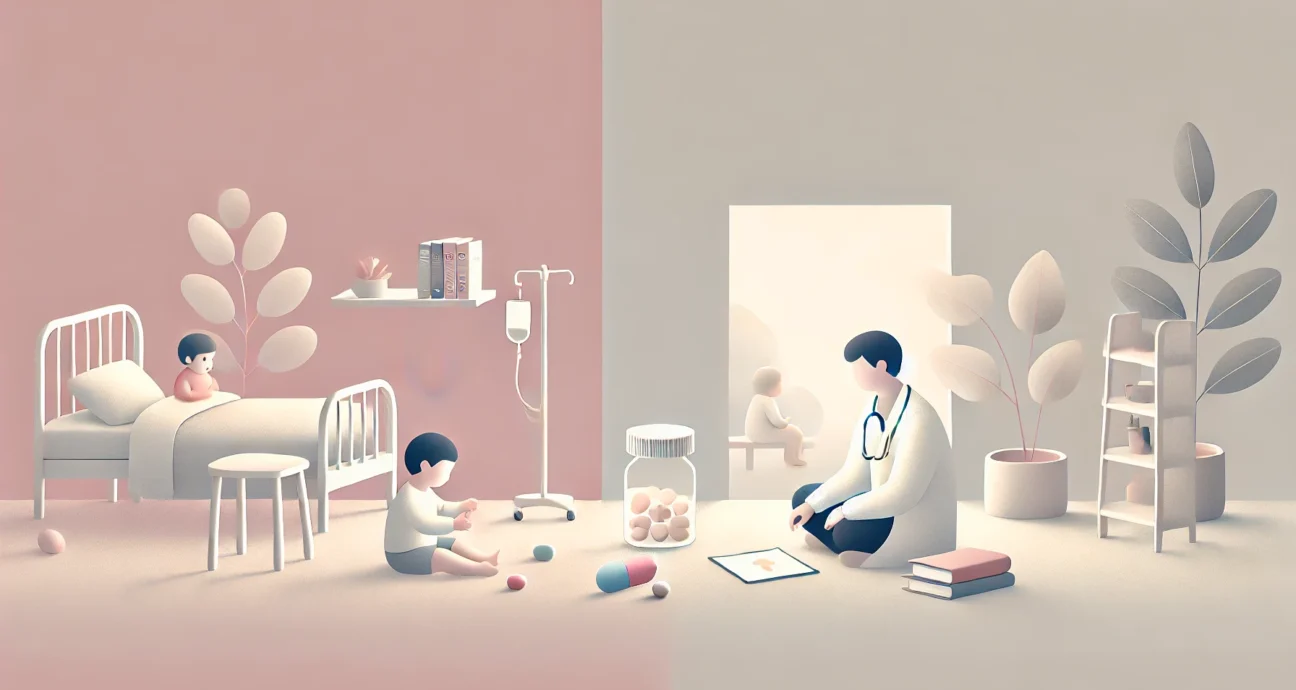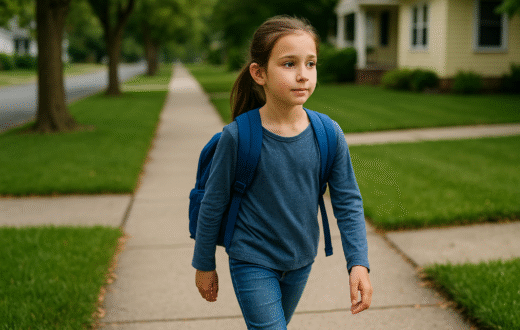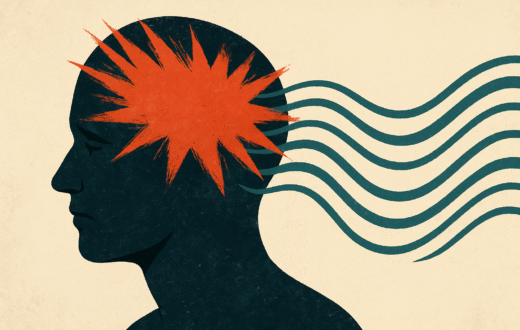Will Pills Replace Skills in Raising Our Children?

Are we truly addressing children’s needs—or medicating them to fit into a world that doesn’t accommodate them?
In response to growing emotional and behavioral challenges among children, psychiatric medications have become a go-to solution. From ADHD to depression, medication is increasingly used to manage young people’s mental health. But as prescriptions continue to rise, a critical question emerges: Are we replacing essential life skills with pills?
A Surge in Medication Use
Over the past two decades, there’s been a dramatic uptick in the use of psychotropic drugs among children—ranging from antidepressants and stimulants to mood stabilizers and antipsychotics.
In countries like Australia and Finland, prescriptions have risen steadily, and medications are being introduced earlier in life and used for longer durations. This suggests a growing discomfort with behavioral diversity.
Effective—But Only in the Short Run?
Many of these medications are proven to help reduce symptoms quickly. For example, studies show that stimulant medications like methylphenidate can significantly improve attention and academic performance in children with ADHD.
But medication is often just symptom management—it doesn’t teach the skills needed to process emotions or handle life’s challenges long-term.
The Long-Term Picture: Still Blurry
The data on lasting benefits is unclear. While some findings suggest reduced risks of future depression with ADHD medication, other studies raise concerns about developmental side effects—particularly with prenatal exposure to antidepressants.
Risks and Side Effects
These drugs come with potential downsides. Antidepressants can increase suicidal ideation in youth. Antipsychotics may lead to metabolic problems, weight gain, and hormonal disruptions—especially worrying given how little pediatric-specific research exists.
By 2050: A Medicating Majority?
If current prescription trends continue, up to 30% of children in some countries could be on psychiatric medications by 2050. This paints a concerning picture—one where dependency starts young and coping mechanisms are outsourced to pharmaceuticals.
Are Our Kids Struggling—Or Are Expectations Too High?
Rather than addressing an overly demanding and overstimulating environment, we often place the burden on children to adapt—via medication. Academic stress, reduced play, and constant digital input create conditions that are hard for young minds to navigate.
Rethinking “Normal”
Modern society increasingly pathologizes emotions like sadness or restlessness—labeling them as disorders. This pursuit of perfection can suppress individuality and make neurodiversity seem like a problem to be fixed.
The Smarter Path: Skills Before Pills
We should shift our focus to:
- Behavioral and family-based interventions
- Emotional education in schools
- Training clinicians to be more cautious with prescriptions
- Promoting acceptance of neurological and emotional diversity
- Investing in long-term studies on the developmental impact of medication
Final Thoughts
While psychiatric medication can be beneficial, it should support—not replace—the development of coping skills, emotional intelligence, and environmental reform. Children don’t need to be chemically reshaped to fit into our systems—they need those systems to evolve and meet them where they are.





